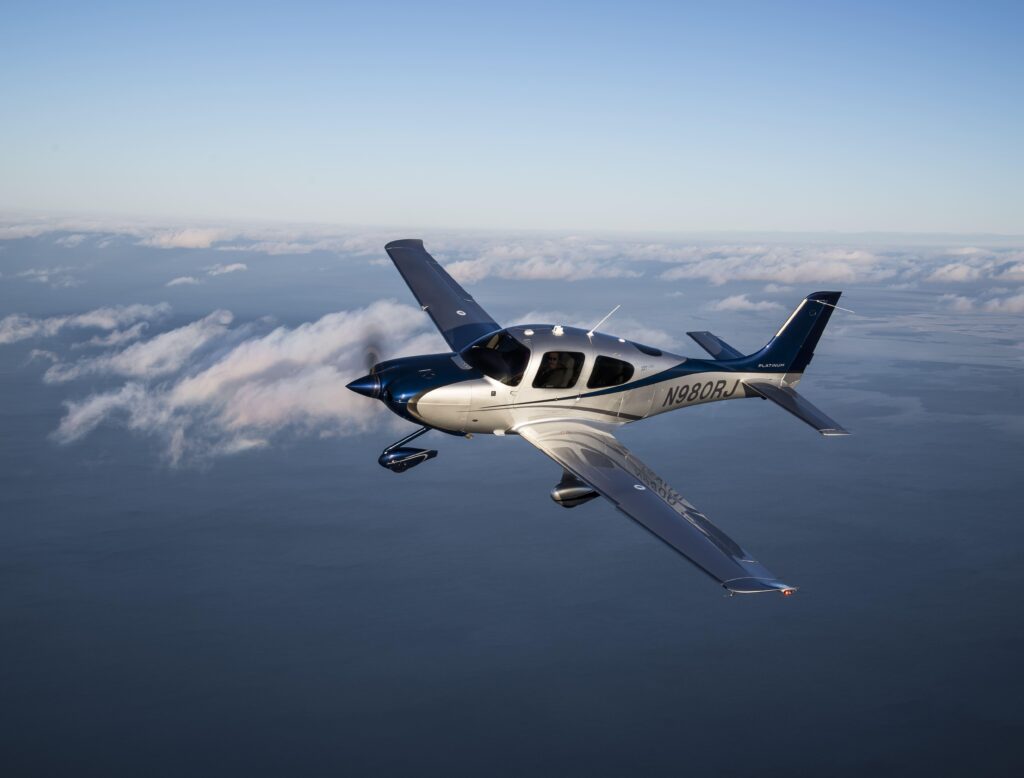PRIVATE PILOT LICENSE
BECOME A PRIVATE PILOT AT A TOP FLORIDA FLIGHT SCHOOL!
The Private Pilot Certificate is the basic unrestricted license that allows you to fly most single-engine aircraft wherever planes can typically fly. If you want to fly for business, transportation, or a career, this is the place to start.
WE’RE YOUR DESTINATION FOR FLORIDA PRIVATE PILOT TRAINING!
By earning a private pilot license, you can legally fly an aircraft. Private pilots are trained to navigate small aircraft by themselves. Flight training includes aircraft maneuvers, navigation, emergency procedures and cross-country flight planning. While people may seek the license for hobby or sport reasons, a private pilot certification is the first major milestone on the road to becoming an airline pilot.

FAA REQUIREMENTS FOR PRIVATE PILOT
- Be at least 17 years old (May start training at any age)
- Be able to read, speak, write and understand the English language
- Obtain at least a third class medical certificate from an Aviation Medical Examiner
- Pass a computerized aeronautical knowledge test
- Accumulate and log a specified amount of training and experience, including the following:
- If training under Part 61, Title 14 of the Code of Federal Regulations (CFR) section 61.109, requires at least 40 hours of flight time, including 20 hours of flight with an instructor and 10 hours of solo flight (i.e., by yourself), and other requirements including cross-country flight, which include:
- Solo requirements:
- 5 hours of solo cross-country time
- One solo cross-country flight of at least 150 nmi (280 km) total distance, with full-stop landings at a minimum of three points and with one segment of the flight consisting of a straight-line distance of at least 50 nmi (93 km) between the takeoff and landing locations
- Three solo takeoffs and landings to a full stop at an airport with an operating control tower.
- Night requirements:
- 3 hours of night flight training
- 10 takeoffs and 10 landings to a full stop (with each landing involving a flight in the traffic pattern) at an airport
- 3 hours of flight training on the control and maneuvering solely by reference to instruments
- 3 hours of flight training for cross country flights
- 3 hours of flight training with an authorized instructor in preparation for the practical test, which must have been performed within the preceding 2 calendar months from the month of the test
- Solo requirements:
- If training under Part 141, at least 35 hours of piloting time including 20 hours with an instructor and 5 hours of solo flight, and other requirements including cross-country and night flights
- If training under Part 61, Title 14 of the Code of Federal Regulations (CFR) section 61.109, requires at least 40 hours of flight time, including 20 hours of flight with an instructor and 10 hours of solo flight (i.e., by yourself), and other requirements including cross-country flight, which include:
- Pass an oral test and flight test administered by an FAA inspector, FAA-designated examiner, or authorized check instructor
The Private Pilot Certificate is the starting point for many aviation dreams. With your certificate, you can:
• Have Fun!
• Save travel time
• Avoid crowded roads
• Avoid airport security hassles
• Earn a sense of accomplishment
• Have Fun!
• Save travel time
• Avoid crowded roads
• Avoid airport security hassles
• Earn a sense of accomplishment
The details of what is required to earn your Private Pilot Certificate are in the sidebar at right. Essentially you must receive the appropriate training on how to operate an aircraft and take two tests, a computerized knowledge test, and a flight with an examiner.
We make learning fun. Your learning is individualized according to how you want to learn. How? With us you can choose:
A Part 61 or Part 141 Curriculum.
Start with a Cessna 172 or Cirrus SR20.
Use Analog or Digital (Glass screen) instrumentation.
Take your ground school in a classroom, from a book, or online.
A Part 61 or Part 141 Curriculum.
Start with a Cessna 172 or Cirrus SR20.
Use Analog or Digital (Glass screen) instrumentation.
Take your ground school in a classroom, from a book, or online.
